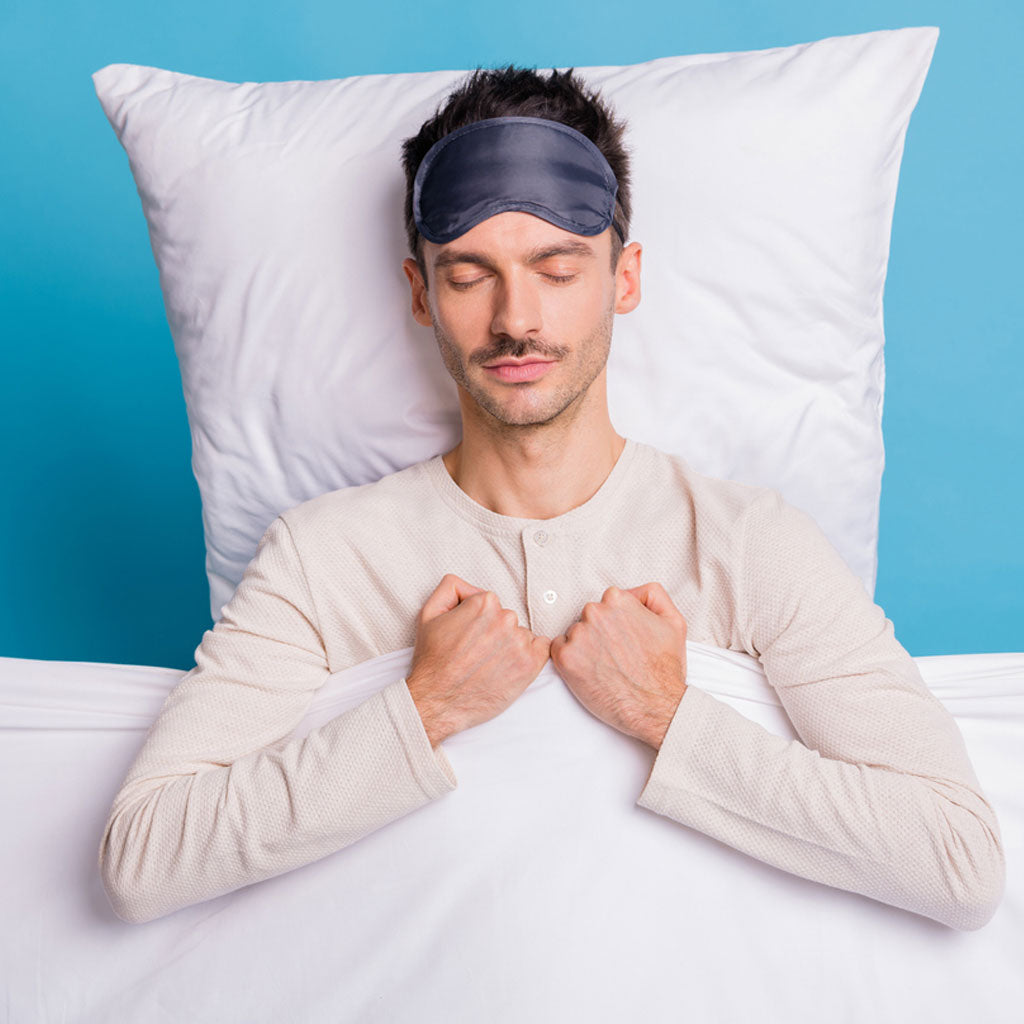BUILDING BLOCKS
Rest me with Sleep

Why?
Our brains need a rest. Just like our feet after a long day on them. Our brains are dealing with everything we do – everything. Feeling, moving, eating, drinking and thinking (some more than others). Nowadays, with most of us glued to our devices (box set binge watching, kittens doing amazing things on YouTube, liking your neighbour’s holiday pics on Facebook, hashtagging on Twitter, hearting on Insta) inbetween doing something more productive, they are bombarded even more. Sleeping is the opportunity for your brain to essentially have a deep clean and reboot. But don’t be fooled – although we are rested, lying down and with our eyes closed, our brains are still working through the process of sleep. In fact, what we use during sleep is only about 10% less than what we use on a typical day, so the idea that sleep exists so help us conserve energy is probably not the case. Clever brain scientists have said they have not yet discovered a brain function that does not benefit by getting consistently good sleep. Basic functions including focus, concentration and decision making are examples of these that we can often notice ourselves on a daily basis if we’ve had a broken or poor sleep, especially over a period of time (sound familiar parents?)
Sleep and its role in forming and preserving memories is becoming increasingly of interest to researchers and now we know that memories are laid down from our day’s events during particular phases of sleep. This is of particular relevance to researchers looking at Alzheimer’s and how poor sleep may increase risk or the outcome in some patients suffering from this.

So how do we get a good night’s sleep?
First things first, recognise that sleep is important and that it has effects on your functioning on a daily basis and also into the longer term, so prioritise your sleep before other activities that can be done the next day (such as making that late night online purchase or watching the next episode of the box set). Plan a bedtime, have routine before bed and stick to it. Sounds easy doesn’t it…
Turn off your devices (phones, iPads, laptops etc) ideally two hours before bed. That is not just to reduce temptation to check Facebook again or buy that must-have item. It is because the blue light that is emitted from these devices can disrupt melatonin production and confuse our brains into thinking it isn’t nighttime and therefore it isn’t bedtime. So when we do go to bed our brains are not ready to go into sleep mode.
Don’t go to bed angry – there is real science to support that going to bed angry is bad for us. Resolve those stressful thoughts before bed and if you can’t sort it out, either in your own mind or with the person / issue that is causing you to be angry, write it down by your bed and park it there for the night. And relax.
Other helpful tips include taking a bath, enjoying a hot drink, or doing a little early evening exercise, and avoiding caffeine and alcohol before bed. Oh, and try some cherries too – they boost melatonin so this can be a real snooze booster!
Never waste any time that you could spend sleeping.






